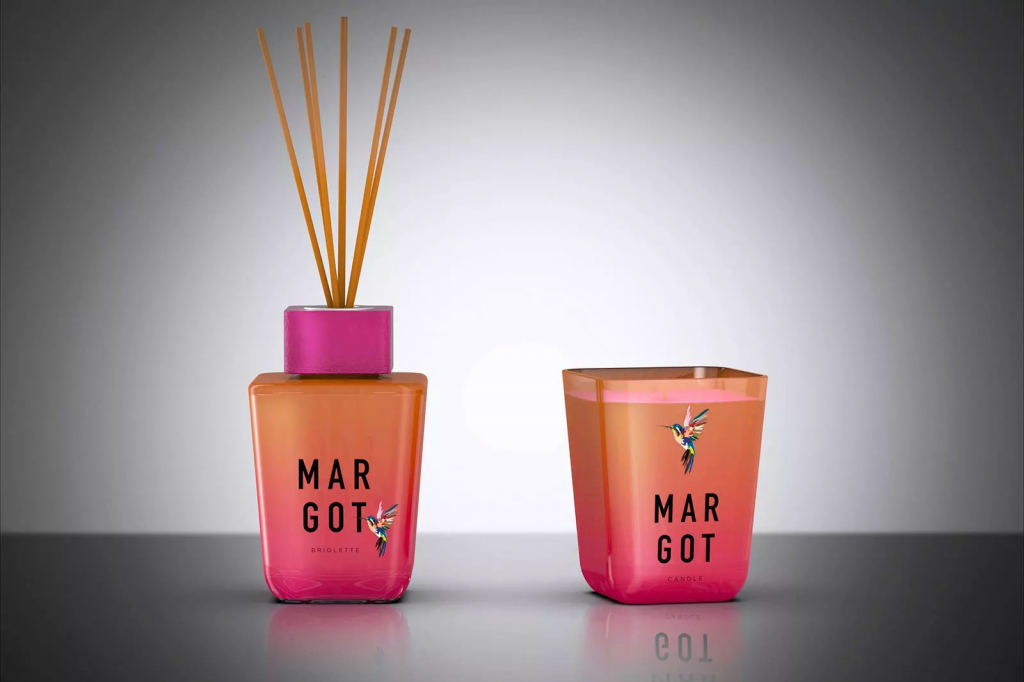Smell needs to be a bigger part of the FMCG brand experience, writes Darren Morgan
In many FMCG sectors, scent is a crucial part of the product equation. Especially in categories like personal care, home and hygiene, it is often intrinsically linked to everyday use. Traditionally, in such categories, scent was about masking odours or denoting benefits such as cleanliness and freshness. But as brands try to identify and cater to people’s needs and changing expectations of them, the role that scent can play is also evolving – and taking on more importance at a brand level.
Yet, while many within FMCG are increasingly talking about the end-to-end journey of a product or service, it is still quite rare for brands to think about how they can offer a holistic sensory experience – how they can connect all senses through the brand experience, and the exciting opportunities scent offers.
Changing needs
Scent is shifting from being a relatively one-dimensional indication of what a product can deliver in terms of benefit and efficacy, to being integral to brand growth and relevance. It is one of the senses uniquely capable of affecting our emotions, perception, and experience of a brand.
There are obvious sectors where scent, its impact on emotion and memory and therefore brand experience, is well documented. Think hospitality – from Soho House to Virgin Voyages, these establishments use scent as subconscious destination triggers. They understand the power of memory triggers, and the way they transport people back to moments in time. In retail, the likes of Abercrombie & Fitch and Hollister have famously been wafting its signature scent across the high street for years, while Apple introduced its own signature scent in 2018 to capture and convey the essence of the Apple brand.
A holistic approach
Scent and environments naturally go together, but there is no reason why FMCGs shouldn’t also embrace scent as part of the holistic sensory brands experience. Whereas the above examples are all about creating and sharing a brand scent, within FMCG fragrance can be used in even more complex and subtle ways.
Research supports the fact that using scent can subtly reinforce the brand. According to a study on neuromarketing conducted by The Rockefeller University, our capacity to remember our sensory experiences is: one percent of what we touch, two percent of what we hear, five percent of what we see, 15 percent of what we taste and 35 percent of what we smell.
A study conducted by The Sense of Smell Institute, meanwhile, showed that 90 percent of respondents remembered the last time they encountered a certain scent, while only 50 percent remembered what they saw at the same time.
In other words, scent is more powerful than visuals in creating memorable experiences. So if you want to convey notions of joy, excitement, entertainment or relaxation associated with your brand, scent is a great way to acknowledge those. It is especially effective when paired with another sense – the two improving each other. A scent enhancing a texture or a sound, say.
Given the innovations within scent and the impact it can have on emotion and mindset – from the potential of scent to curb appetite according to a recent study, to the power of fragrance to lift your mood – we should all be thinking more actively about how scent can enhance the experience of brand.

Committing whole-heartedly
The impact of scent and how it can affect perception, memory of or loyalty to a brand is intangible. Unfortunately, a trusted metric of measuring the ROI on using scent in this way is still some way off and most design experiences don’t yet factor in the entirety of how a well-designed scent experience can be a differentiator within the brand experience. However, given the increasingly growing evidence of the effectiveness of scent and how it’s entwined with memory and emotion, brands should find the confidence to explore the possibilities it offers.
There is no point in exploring these half-heartedly – thinking of scent in a holistic way requires it to factor throughout the brand experience design process. When recognising the key moments of truth for our brands, we need to be identifying the high value touchpoints within those and exploring where scent fits within.

Scent shouldn’t be an add-on but integrated from the start – this is especially important, considering the importance of an increasingly service-led approach among FMCG brands. With the growth of D2C meaning brands increasingly land on people’s doorsteps, with partnerships and service-led models allowing brands to turn up in new spaces and environments, and with digital innovation meaning an increasingly complex ecosystem of touchpoints and platforms, the ways in which scent can play a role are vast.
For example, if your stain remover tablets are delivered to someone’s home, could smell add an accent to the opening of the box that amplifies the aspiration of a happy home? A paint brand could underline its style through scent notes of heritage or modernism depending on which DIY enthusiast its looking to reach; or a reusable razor company could emphasise smooth and ease across all touchpoints.
But the importance of scent goes beyond that. Brands are increasingly being challenged on their responsibility for the environment; how the status quo of consumption needs to change. We are all acknowledging that this requires different structures, service-led business models that are better for the planet. Scent can play a huge role in this. A potential distinctive asset that – through a holistic partnership with other senses – can help a brand stand out through such future changes.
Let’s embrace it more within FMCG – and awaken the potential it delivers. Let’s think beyond the product and explore what it can truly deliver for the benefit of our brands and the people they serve.
Darren Morgan is Global Brand Experience and Strategy Lead for Reckitt






